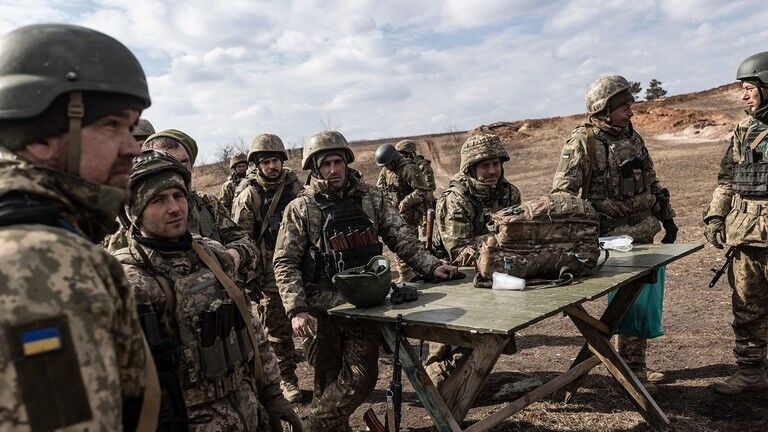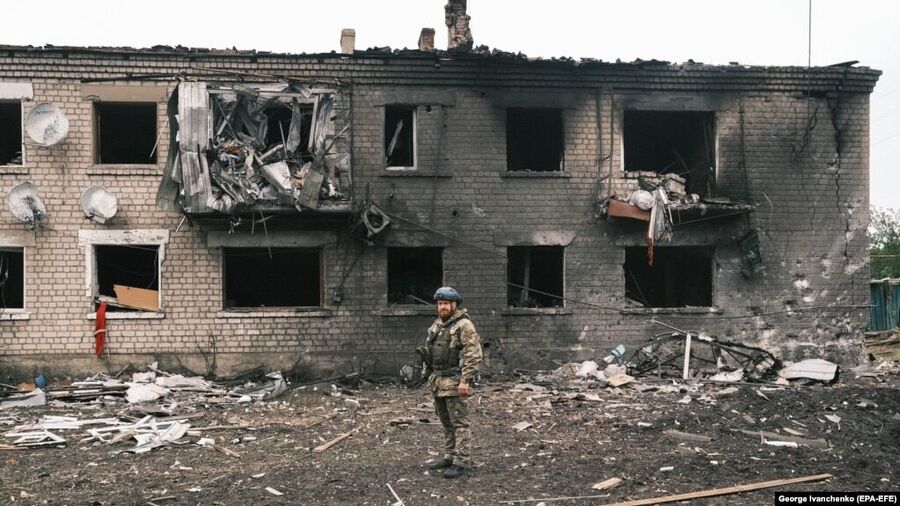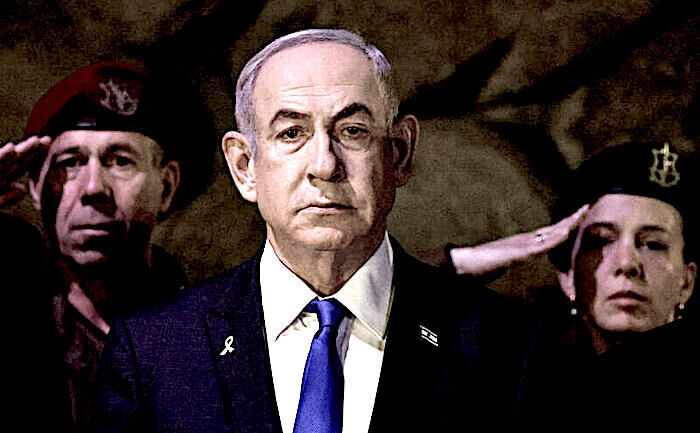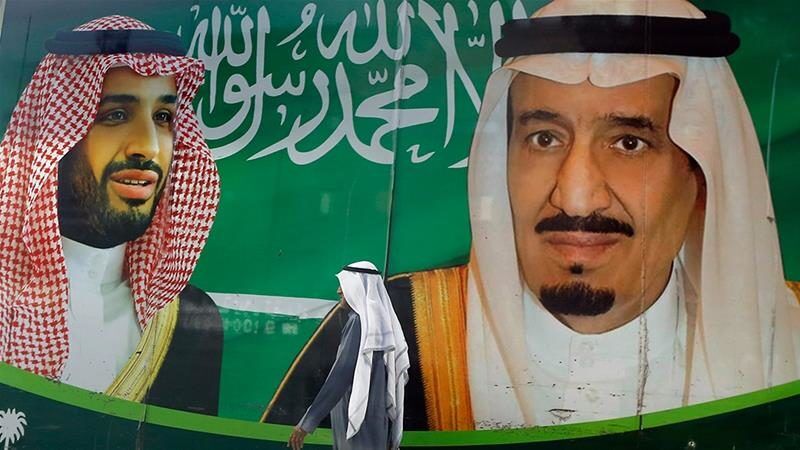
© Diego Herrera Carcedo / Anadolu via Getty ImagesFILE PHOTO: Ukrainian soldiers during a training exercise.
Military personnel from some NATO member states are already training Ukrainian soldiers inside the country, Estonian Prime Minister Kaja Kallas has said. This will not lead to a direct confrontation with Russia because
the personnel are doing it "at their own risk," she insisted in an interview with Financial Times on Monday.
Comment:
1) Estonia is as populations go, a minute NATO country with 1.38 million people. To let Kaja Kallas be the spokesperson for this announcement is probably a choice from higher up.
2) The next is more elaborate, and might serve as a case study, based on which similar instances could be evaluated.
When Zakharova writes:
"Some nations are already getting their trainers back. But they keep mum about that." she is probably saying it as it is. Just as small Estonian reveals one bit, so another small country can serve as an example of what might, after all, occasionally come out about "getting their trainers back."
As an initial disclaimer, there is no definitive evidence for the following interpretation, but it may still be illustrative and perhaps help to identify other similar announcements from other countries, if they occur, which can then be evaluated for the information they may reveal.
From the
Danish Defense, there was if translated:
Danish soldier killed in the Netherlands
The Danish Armed Forces have sadly received the news that a Danish soldier has died in a parachute accident in the Netherlands. The next of kin have been informed.
May 19, 2024 - 23:45 pm
A Danish soldier has died in a parachute accident. The accident happened in the Netherlands during a privately arranged trip.
"It is with great sadness that I have received the news that one of our soldiers has died in a parachuting accident. My thoughts are with the bereaved and relatives during this difficult time," says the Chief of the Army, Major General Peter H. Boysen.
The circumstances surrounding the accident are still unclear. The defense has nothing further to add at this time.
Translated with DeepL.com (free version)
Notice the wording,
privately arranged trip, which corresponds to what Kaja Kallas said: "
you know the country is at war and you go to a risk zone. So you take the risk".Notice also the expression: "The next of kin have been informed." How come it was privately arranged, when the family didn't know, but the Army did? Moreover it was the Army that informed the next of kin.
However, the Army did not know too much, because "The circumstances surrounding the accident are still unclear. The defense has nothing further to add at this time."
Next, considering that it was parachuting, if it was not a pilot and not a hobby parachutist, the deceased might well have belonged to the
Jaeger Corps, a group of elite soldiers, which here means that from the intake only 10 % of the applicants pass the course.
The Danish Wiki, for "
Jægersoldat" writes if translated:
As a fully trained Jaeger soldier, you have a duty to serve outside the country's borders, e.g. in peacekeeping and peacemaking tasks under NATO, the UN and the OSCE.
The
Danish Wiki for Jaeger Corps has for the same entry, if translated:
The Jaeger Corps was used as a reconnaissance unit, one year before Denmark chose to enter the Iraq War. In addition, they have been deployed in Mali. [4]
[...]
A hunter patrol typically consists of eight men: a patrol leader, a second-in-command, and a number of specialists (including a sanitation man, blaster, signalman, scout, and sniper).
Given the above scenario, because we can't know for sure, if the soldier did not operate alone, whether together with the same nationality or of another, and if we for the sake of an estimate work with a killed-to wounded-rate of 1:10, then there ought to be at least a couple of others that are no longer functional as "trainers" of Ukrainian soldiers; who are either in hospital or have returned home.
If this soldier really died while on a mission, then it is possible, that there are others who also died. At least it is interesting that since the above statement from the Army is so general that if all next of kin have been paid to silence, and nobody knows who the others are, a little notice like the above would serve for x number of simultaneous instances. Isn't that interesting?
Finally, the coincidence in time between the statements from Kaja Kallas, Maria Zakharova and now this notice from the Danish Defence, coming within hours of each other, can hardly be overlooked. When the Danish Defence writes, "Danish soldier killed in the Netherlands" is one not allowed to ask: "Really?" Because, what are the odds?













Comment: See also: